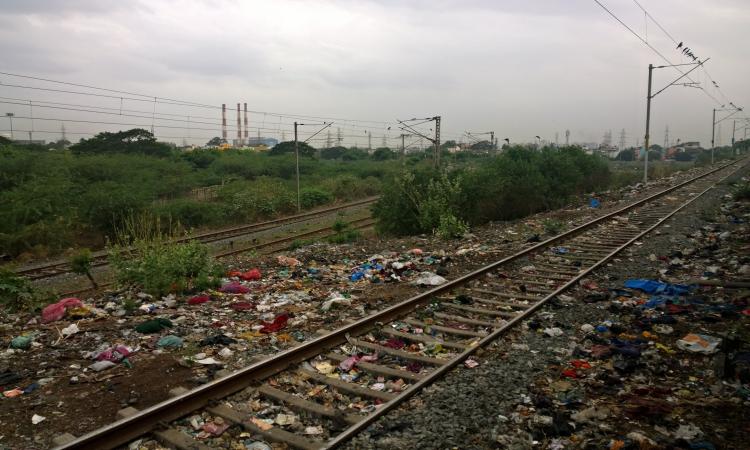
The Ministry of Urban Development has made public the results of a survey it conducted to assess the level of cleanliness in 476 cities across India. And, in keeping with the more general perceptions about order and cleanliness, a substantial number of cities from South India figured in the top 100. The city of Mysuru leads the pack while Bengaluru was adjudged the cleanest capital city in the country.
The survey was part of the requirements under the National Sanitation Policy of 2008. The manner in which cities managed their solid waste and the way in which they dealt with the menace of open defecation were some of key criteria used to rate them.
An apparent divide between the North and the rest of the country was evident. The North was conspicuous by its absence in the top 10; the other four regions were represented by at least one city. While the relatively isolated and woefully forgotten states of North-East of India were able to register a city-count of 7, North India had just 12 cities in the top 100.
The affluent regions which constitute the New Delhi Municipal Council was ranked fourth amongst Capital cities and 16th overall while the bulk of the National Capital Region under the Municipal Corporation of Delhi was ranked a dismal 397th [1]. Overall, among the major Metropolitan cities, Kolkata was ranked 56th, Chennai found the 61st spot while Greater Mumbai was placed at 140. Patna was the worst capital city ranked 429th, overall.
Wary of fuelling an adverse public perception about the performance of the Swachh Bharat Mission (SBM), the Government was quick to clarify the preparatory work for the survey was launched well ahead of the Mission’s launch and the ratings had nothing to do with the Mission or its progress [1].
Mysuru and Bengaluru make Karnataka proud
South India contributed to 39 cities in the top 100, the highest regional tally. The citizens and civic administration in Karnataka, in particular, truly deserve a pat on the back. Four of the top ten cities are from the state! Apart from Mysuru and Bengaluru, Hassan and Mandya fit snugly in the top 10.
The thing that sets the state apart is the interest it has managed to generate at the grass-root level. An informed and interested citizenry is one of reasons for Mysuru and Bengaluru’s success. Resident associations and citizens groups translate the civic administration’s guidelines into tangible results. The state also houses some of the better performing solid waste treatment facilities and composting plants. City Corporations of Bengaluru, Mysuru, Mangaluru, Belagavi and Shivamogga produce nearly 25,750 tons of compost from Municipal waste every year [2]. This reduces the burden of landfills and also serve as a source of income for these Municipal bodies.
While the Swachh Bharat Mission is active across 4041 towns and cities across the country, the survey covered only 476 cities with a population of one lakh and more. On the whole, apart from Bengaluru, Tiruvananthapuram and Gangtok, despite targetted funding and increased attention, captail cities fail to impress.
SBM or otherwise, it's about time cities at bottom respond to the wake up call and step up their game. The survey results sure have come at a right time to help cities take a step back and assess their progress or the lack of it and work towards making their environs greener and more people friendly.
References:
1. 'City rankings not part of Swachh Bharat mission' – Business Standard, August 10, 2015
2. Composting plants in Karnataka - Swachh Bharat Mission, June 2015 Newsletter
/articles/good-bad-and-ugly-revealed